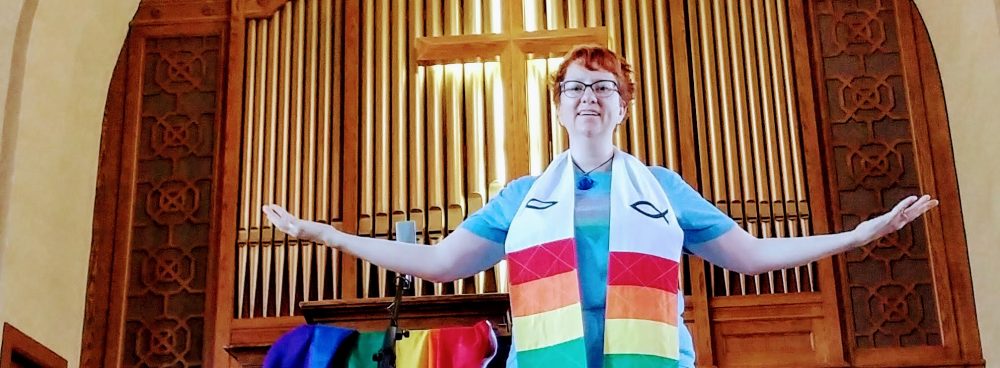Last week, Jacob arrived at Laban’s and met Rachel. In between these two passages, Jacob arranged to marry Rachel. As part of the agreement he worked for Laban for seven years. Laban tricked him and he ended up married to Leah instead. He worked for another seven years and was finally able to marry Rachel. This is where today’s passage picks up in Genesis 29:29-30:23

Photo by Pixabay on Pexels.com
Leah eventually had seven children. The passage attributes Leah’s fertility to her being the unloved and unwanted wife. Rachel, on the other hand, is described as beautiful and loved and has trouble conceiving. Each sister offers their maid to Jacob so that they might have children attributed to them. And then Leah buys Jacob’s attention with mandrakes. The passage sets up a rivalry between the sisters and the children’s names reflect the flow of the conflict between the sisters.
Leah’s oldest is named Reuben “Because the Lord has looked on my affliction; surely now my husband will love me.” I can hear Leah hoping that she will be loved and wanted. But having a son didn’t give her the love she wanted from Jacob, so she names her next son Simeon “Because the Lord has heard that I am hated, he has given me this son also.” She recognizes that she is unloved by Jacob and her sons become a bit of a consolation prize. And she tries again, still hoping that Jacob the bond between her and Jacob will be strengthened and names her next son Levi “Now this time my husband will be joined to me, because I have borne him three sons.” Something shifts for Leah as she names her next son Judah… “This time I will praise the Lord.” Maybe she chooses praise rather than self-pity. Maybe she feels like she has won the sister rivalry. She has four sons while Rachel still has none. Perhaps this is a bit of a gloat on her part.
But Rachel hasn’t given up. Rachel gives her maid, Bilhah, to Jacob and claimed Bilhah’s son as her own. This son is named Dan because “God has judged me, and has also heard my voice and given me a son.” She feels like maybe the stakes are evening out. Bilhah has another son, claimed by Rachel and named Naphtali because “With mighty wrestlings I have wrestled with my sister, and have prevailed.” Perhaps Rachel feels like she is gaining some power in the relationship and things are finally starting to turn in her favour.
If Rachel can do it, so can Leah! Leah gives her maid, Zilpah, to Jacob and names the child Gad, which means “Good fortune!” There’s a second son for Zilpah named Asher: “Happy am I! For the women will call me happy.” It is interesting that Leah’s happiness is dependent on other women’s perception of her. And she still isn’t satisfied. Rachel allows Leah to be with Jacob in exchange for mandrakes. Leah might have Jacob’s attention but Rachel has the fertility mandrakes. Even without the mandrakes, Leah has another son who she names Issachar because “God has given me my hire [wages] because I gave my maid to my husband.”
Leah’s final son is Zebulun. “God has endowed me with a good dowry; now my husband will honour me, because I have borne him six sons.” It appears Zilpah is part of the dowry and now there are six sons. Surely it is enough and Leah will be loved. There is one daughter to come—Dinah. Her name is not described. But she will feature prominently in upcoming stories.
Finally, Rachel has a child of her own whom she names Joseph. But she isn’t willing to stop at one and lives in hope of more children to come: “May the Lord add to me another son!” Eventually, Joseph is joined by Benjamin.
I can hear the taunting and the hurt between these two sisters. They have a strong need to outdo each other for children. Their sons get caught up in the drama between the sisters which sets the stage for Joseph’s slavery in Egypt. This conflict is not just theirs but becomes multigenerational. How often does conflict get passed between generations? How often do parents need their children to prove their own worth and value or find meaning in their own lives?
